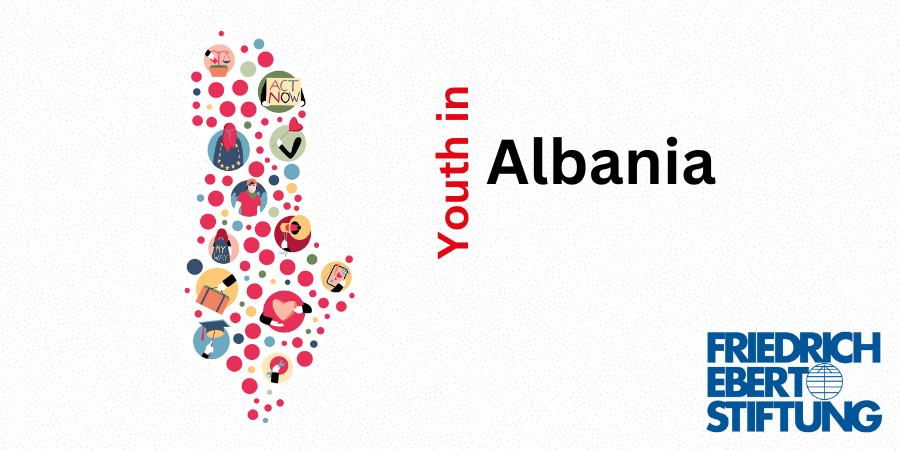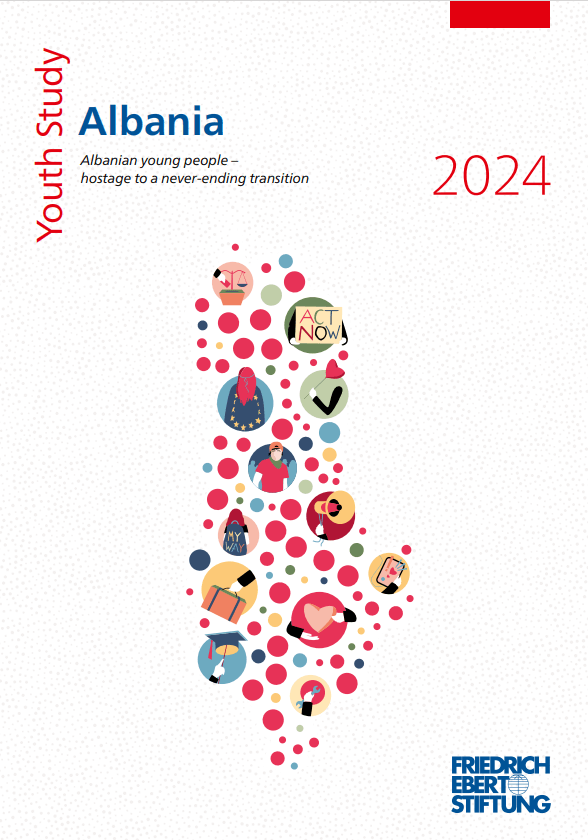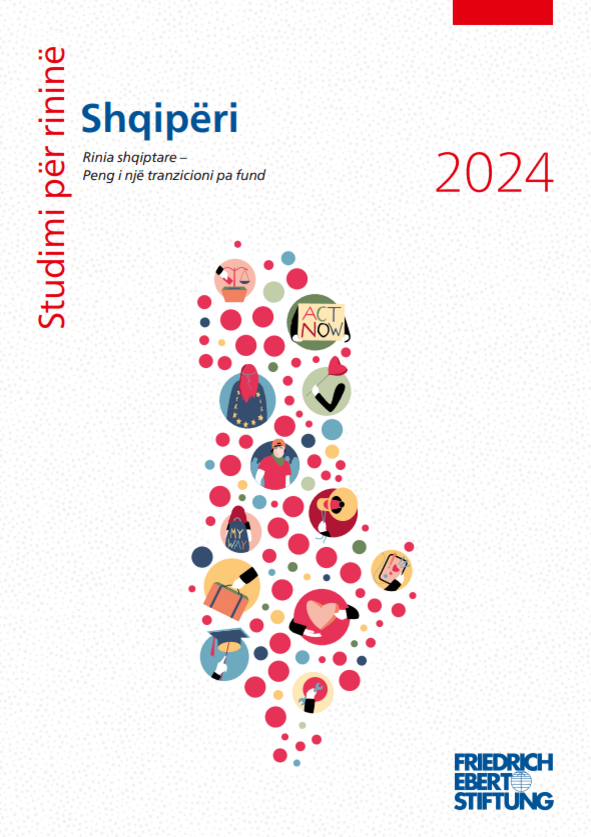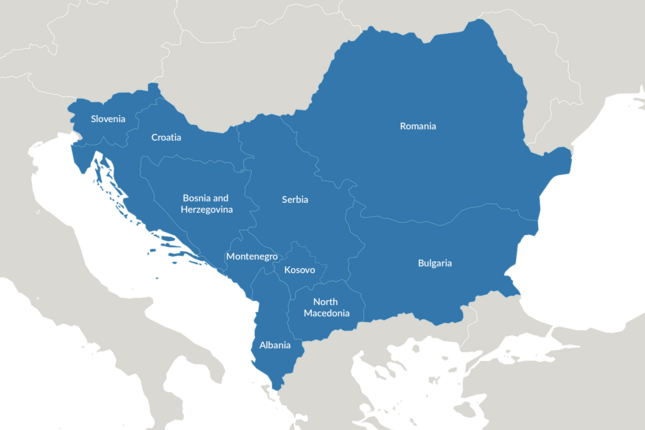
Trust in National Parliament Shapes Young Albanians' Views on Immigration
Albania and Italy made headlines in February 2024 with a controversial agreement to host Italian migration processing centers in Albania, aiming to handle 36,000 asylum seekers annually. But the plan quickly hit obstacles - Italian courts have twice ordered the return of migrants from Albanian facilities, most recently in December when seven migrants were sent back. As this agreement continues to face legal challenges, we turn to an overlooked aspect of the situation: what do young Albanians think about immigration? New data from the Friedrich Ebert Foundation shows that young Albanians are divided on immigration, with their views strongly tied to how much they trust their government. While hosting migration processing centers is distinct from permanent immigration - these facilities are meant to be temporary waypoints rather than destinations for migrants - understanding young Albanians' attitudes toward immigration provides still provides valuable context as their country takes on this expanded role in European migration management.
What Young Albanians Think About Immigration
Young Albanians are split on whether their country should accept more immigrants. About 40% oppose it (24.39% disagree, 15.74% mostly disagree), while 38% support it (21.76% mostly agree, 16.17% agree), and 22% are neutral. This even split sets Albania apart from most of its neighbors in Southeast Europe where the youth is less welcoming of immigrants. Its stands in sharp contrast to countries like Türkiye, where 76% oppose immigration, or Serbia, where opposition reaches 79%.
Trust in Parliament Makes a Big Difference
What shapes young Albanians' views on immigration? Our analysis uncovered a strong correlation with the level of trust in the national parliament. There's a strong link between how much young people trust their parliament and their stance on immigration. Among those with high trust in parliament, 56% favor accepting more immigrants, with only 16% opposed. The numbers flip dramatically among those with low trust, where 48% oppose immigration and support drops to 33%. This relationship between institutional trust and immigration attitudes could have important implications for Albania's migration agreement with Italy. If the success of migration initiatives depends partly on public support, then building and maintaining trust in Albania's institutions may be key to the program's continuation.
About the Data
This analysis draws from the Albania Youth Study 2024, conducted by the Friedrich Ebert Foundation, which surveyed 680 Albanians aged 14-29. The study is part of a broader research initiative across 12 Southeast European countries, examining young people's views on society, politics, education, and migration. To read the full Albania Youth Study 2024 or the Comparative Southeast Europe Youth Study 2024, please find them below.


